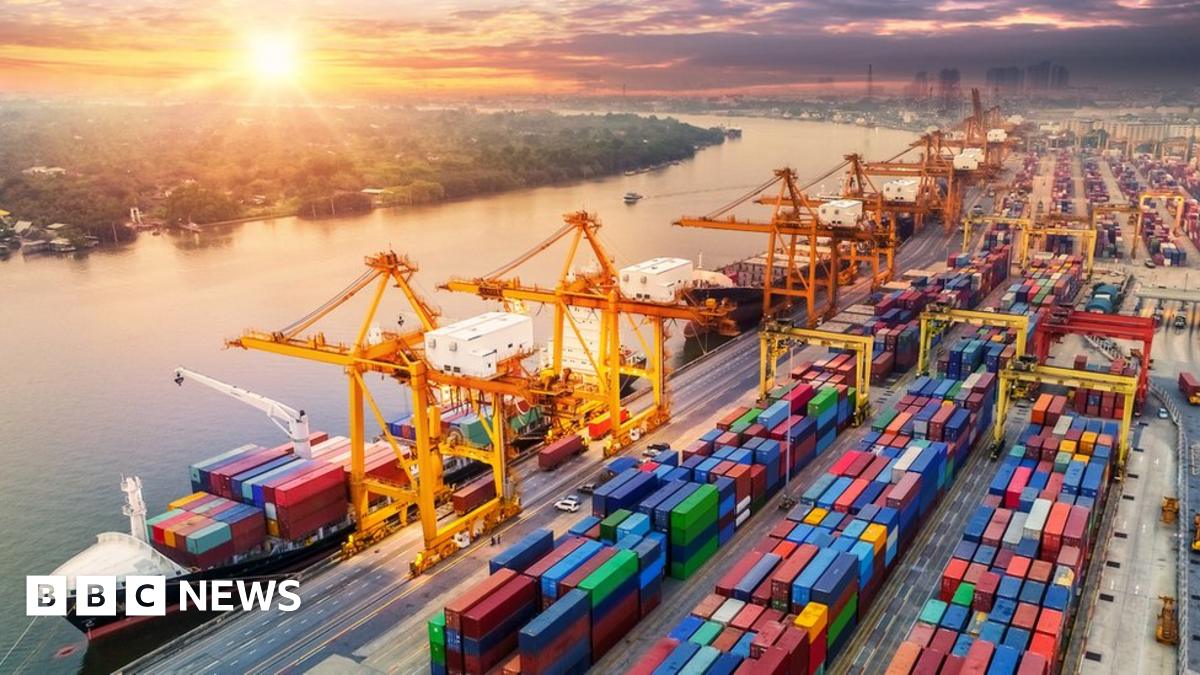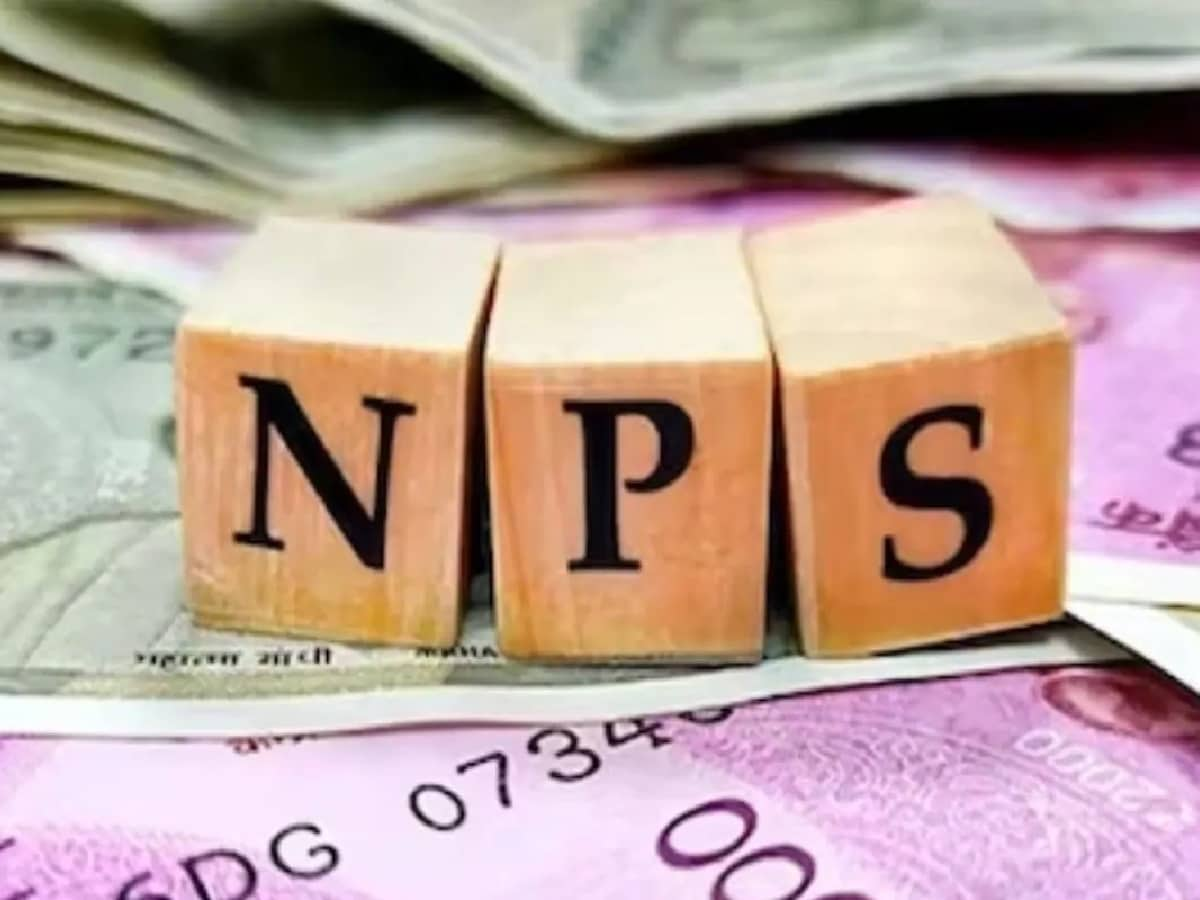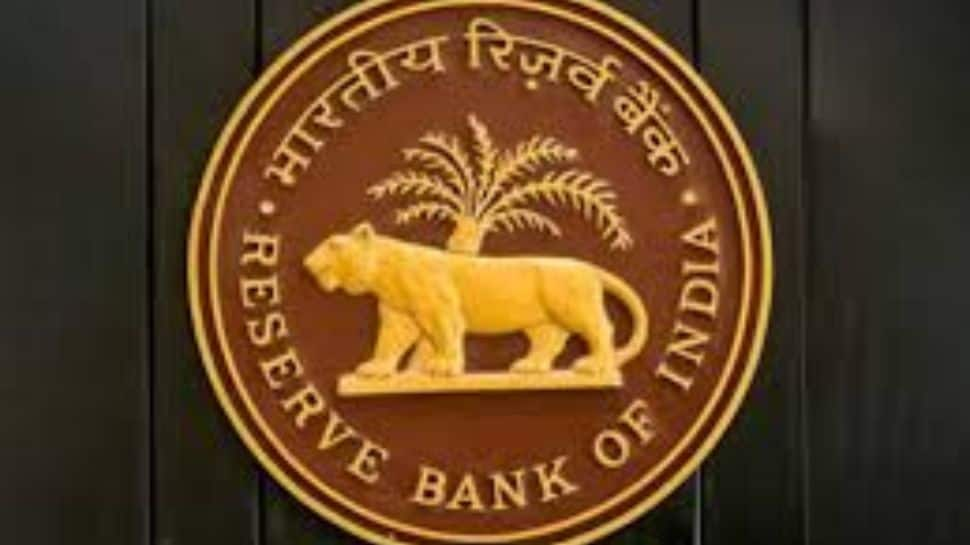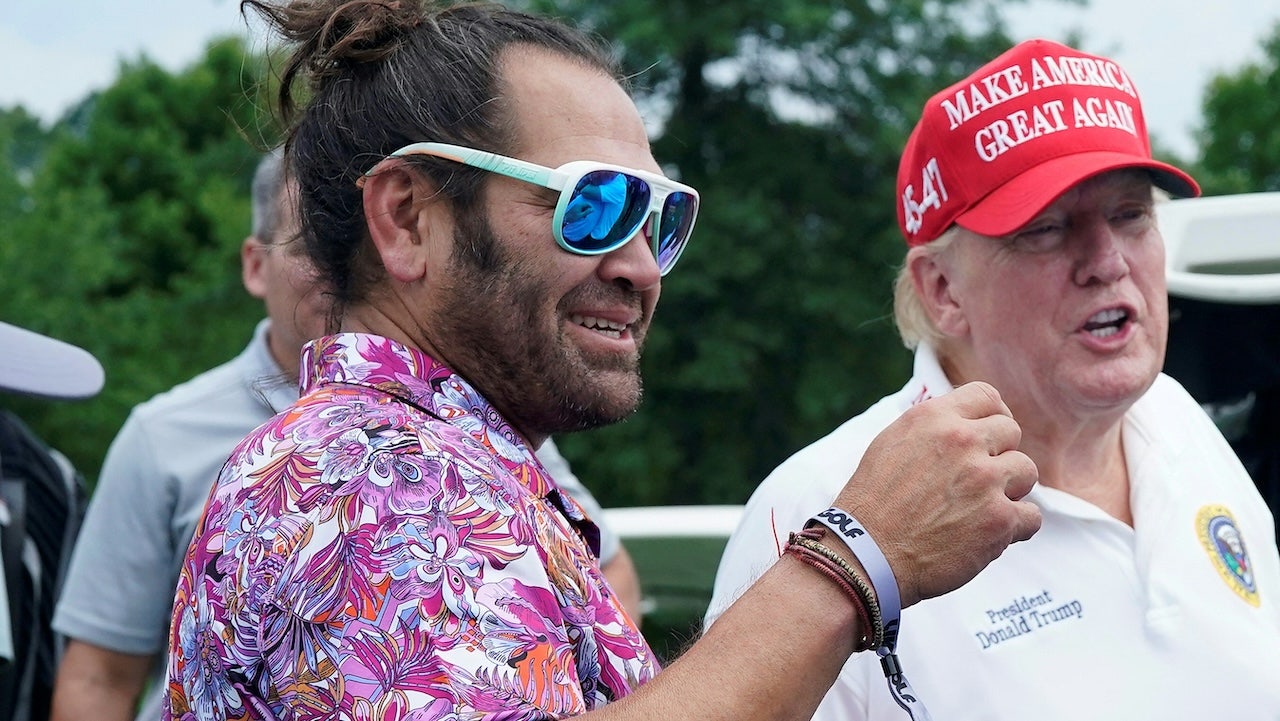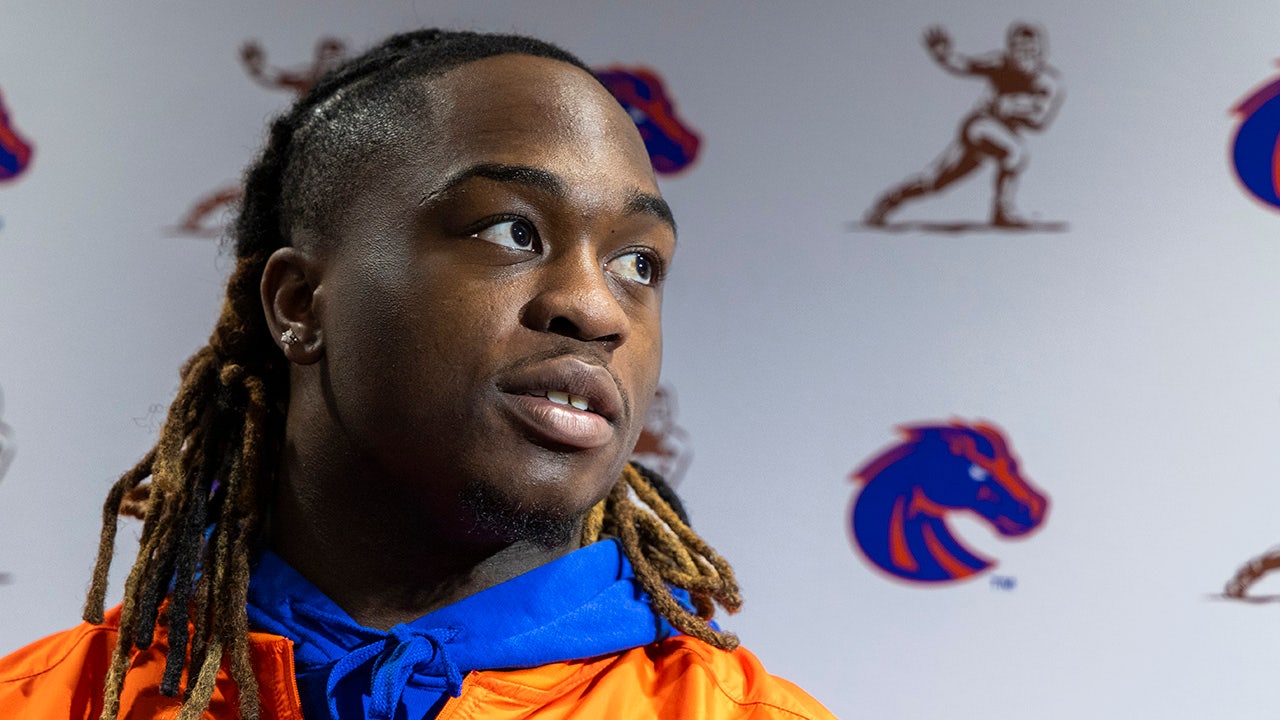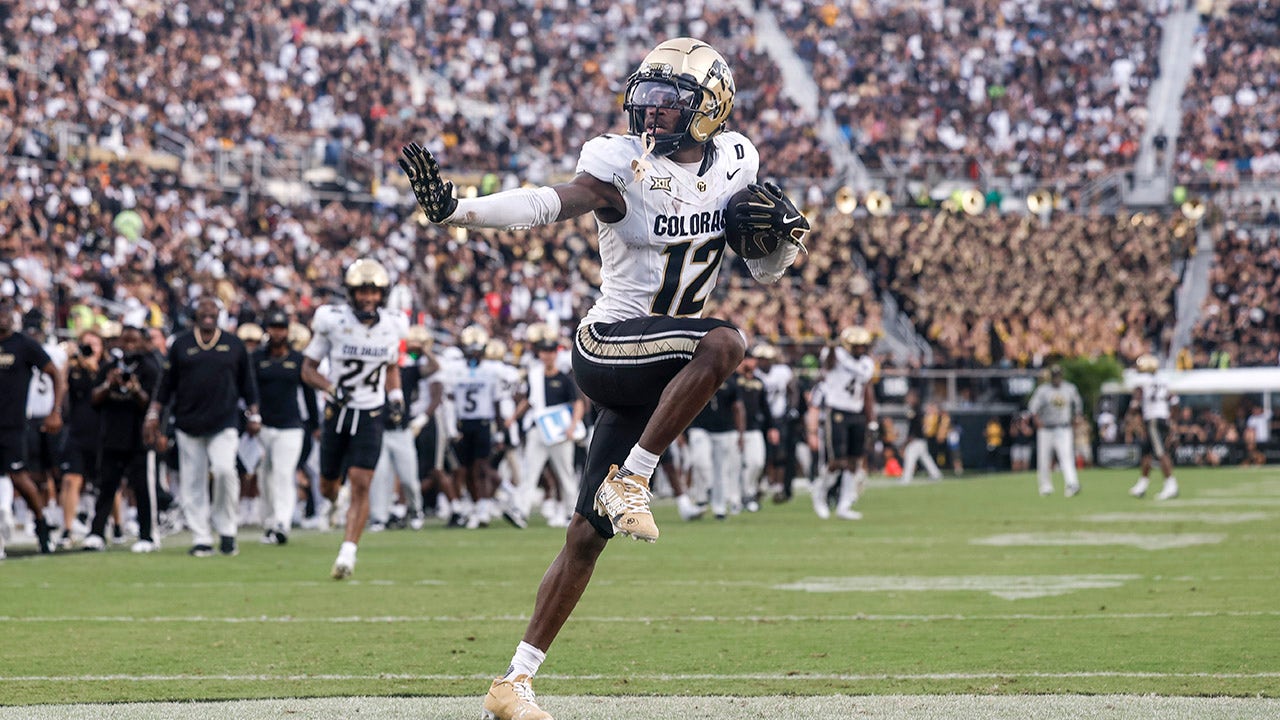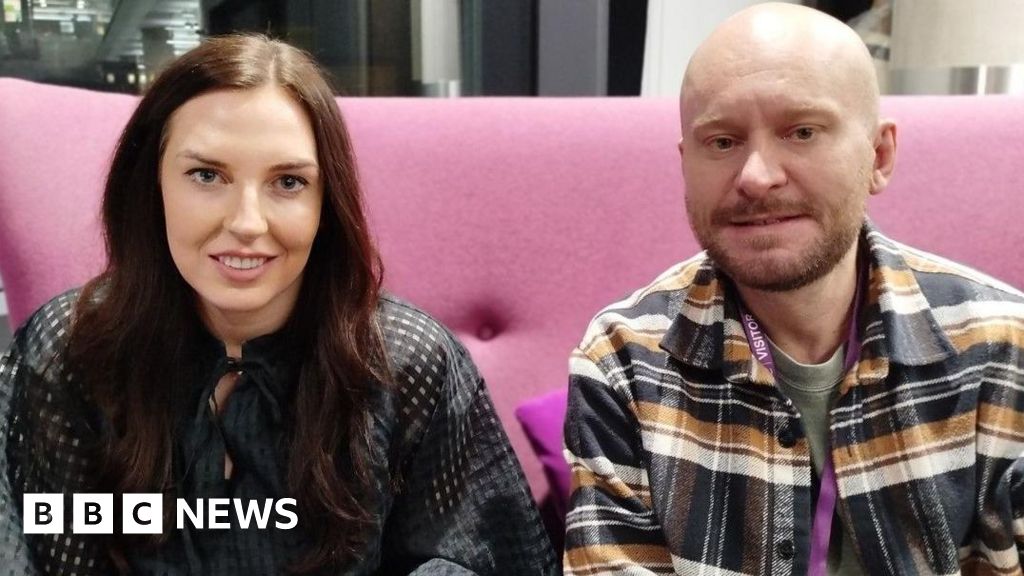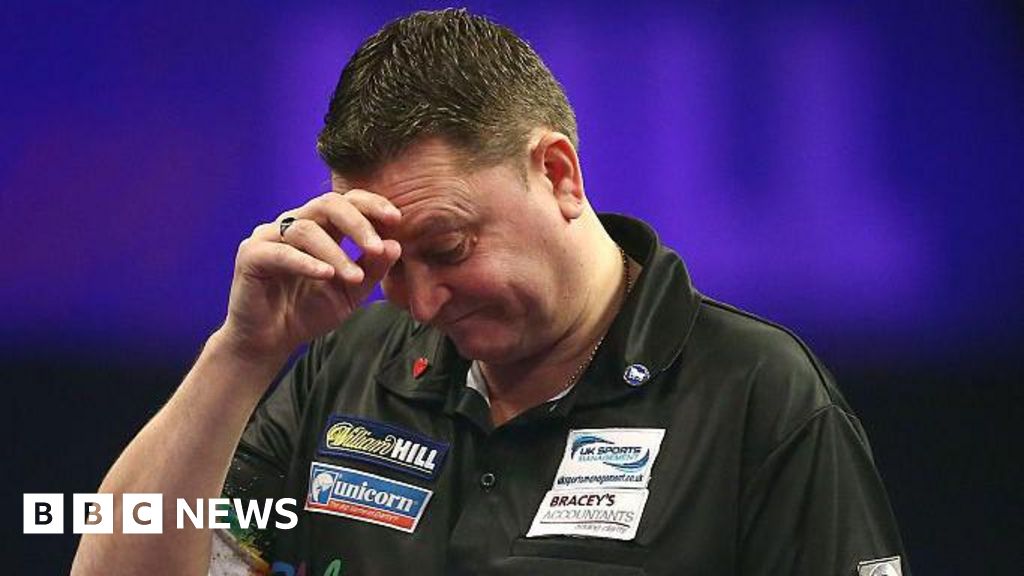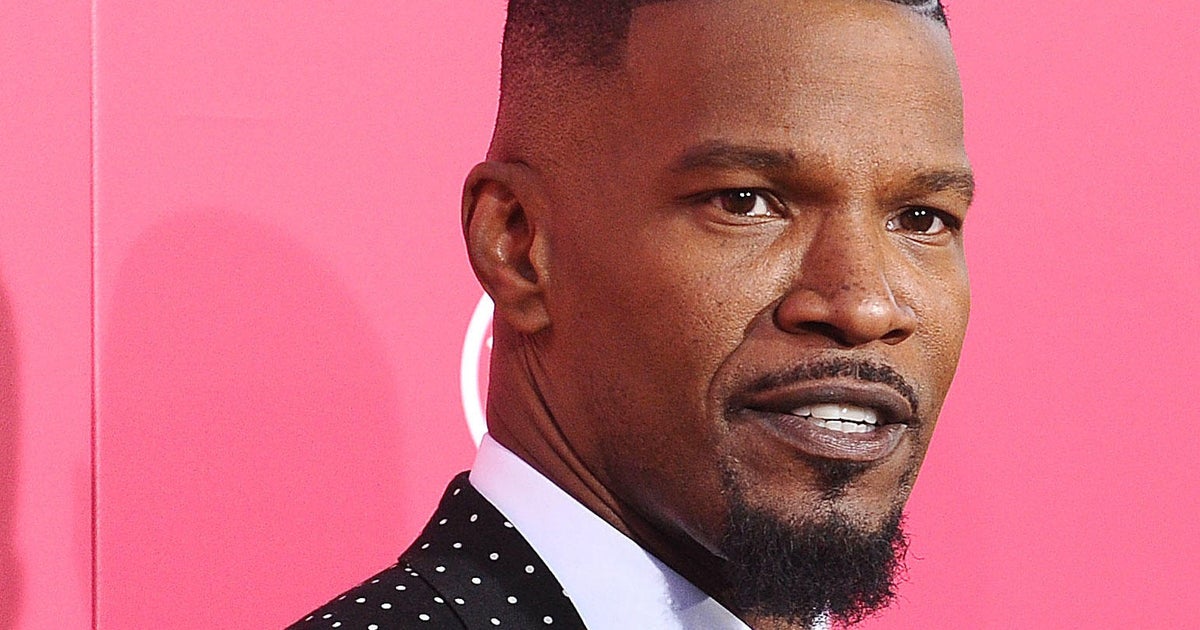While Ukraine is looking for sustained military support from Italian Prime Minister Giorgia Meloni and German Chancellor Olaf Scholz, the ask of the pope is less concrete.
Francis has frequently called for an end to the war since Russia invaded Ukraine in February 2022, voicing solidarity with Ukrainians and recognizing their suffering. In August, he warned that fighting around Ukraine’s Zaporizhzhia nuclear power plant could lead to “nuclear disaster.”
Recently, the pope appeared to cast himself in the role of peacemaker. He told reporters in late April that there was “a mission going on now” to reach a peace deal, “but it is not public yet,” adding, “when it is public I will talk about it.”
The remarks appeared to take Moscow and Kyiv by surprise, with both governments denying they knew about the effort.
Some analysts question whether there is a viable mediator role for the Vatican in a part of the world dominated by the Russian Orthodox Church.
Francis has appealed to Russian President Vladimir Putin for a meeting — so far, to no avail.
And although the pope has sharpened his rhetoric during the course of the war, Ukrainians have at times accused Francis of creating false equivalencies.
The pope faced blowback in the first months after the invasion for not calling out Putin as the aggressor, while criticizing Western sanctions and defense spending. In an interview with an Italian newspaper a year ago, he appeared to echo a Kremlin talking point, describing the “barking of NATO at Russia’s door.”
In August, when a car bomb in a Moscow suburb killed Darya Dugina, a pro-war commentator and daughter of a prominent ultranationalist, Francis referred to her as an innocent victim of war — a comment that drew ire from Ukraine’s ambassador to the Holy See.
Andrii Yurash, the ambassador, called the pope’s remarks “disappointing,” adding, “can’t speak in same categories about aggressor and victim, rapist and raped.”
Francis adopted a harder line in more recent months. In October, he appealed to Putin to “stop this spiral of violence and death.” In November, he compared the plight of Ukrainians with the “genocide artificially caused by Stalin” in the 1930s, when a Soviet-engineered famine in Ukraine contributed to the death of more than 3 million people. Francis called for prayers for Ukrainian civilians “who today are suffering the martyrdom of aggression.”
For Francis, the war complicates a project that has formed a cornerstone of his papacy: reconciling the Roman Catholic and Russian Orthodox churches, which split nearly 1,000 years ago. In 2016, Francis met with Patriarch Kirill, head of the Russian Orthodox Church, in Cuba as part of a rapprochement driven by shared concerns over violence against Christians in the Middle East.
But during the war in Ukraine, the Russian Orthodox leader has promoted theological justifications for Putin’s actions. In a Zoom call last May, Francis warned Kirill against becoming “Putin’s altar boy.”
Yurash, the Ukrainian ambassador, said the Vatican has consistently said it wishes to be involved in any peace negotiation, part of why the pope wanted to keep “bridges” and “lines” open to Russia, the New York Times reported.
The pope has previously called on Zelensky to “be open” to serious peace proposals.
Claire Parker reported from Washington.







